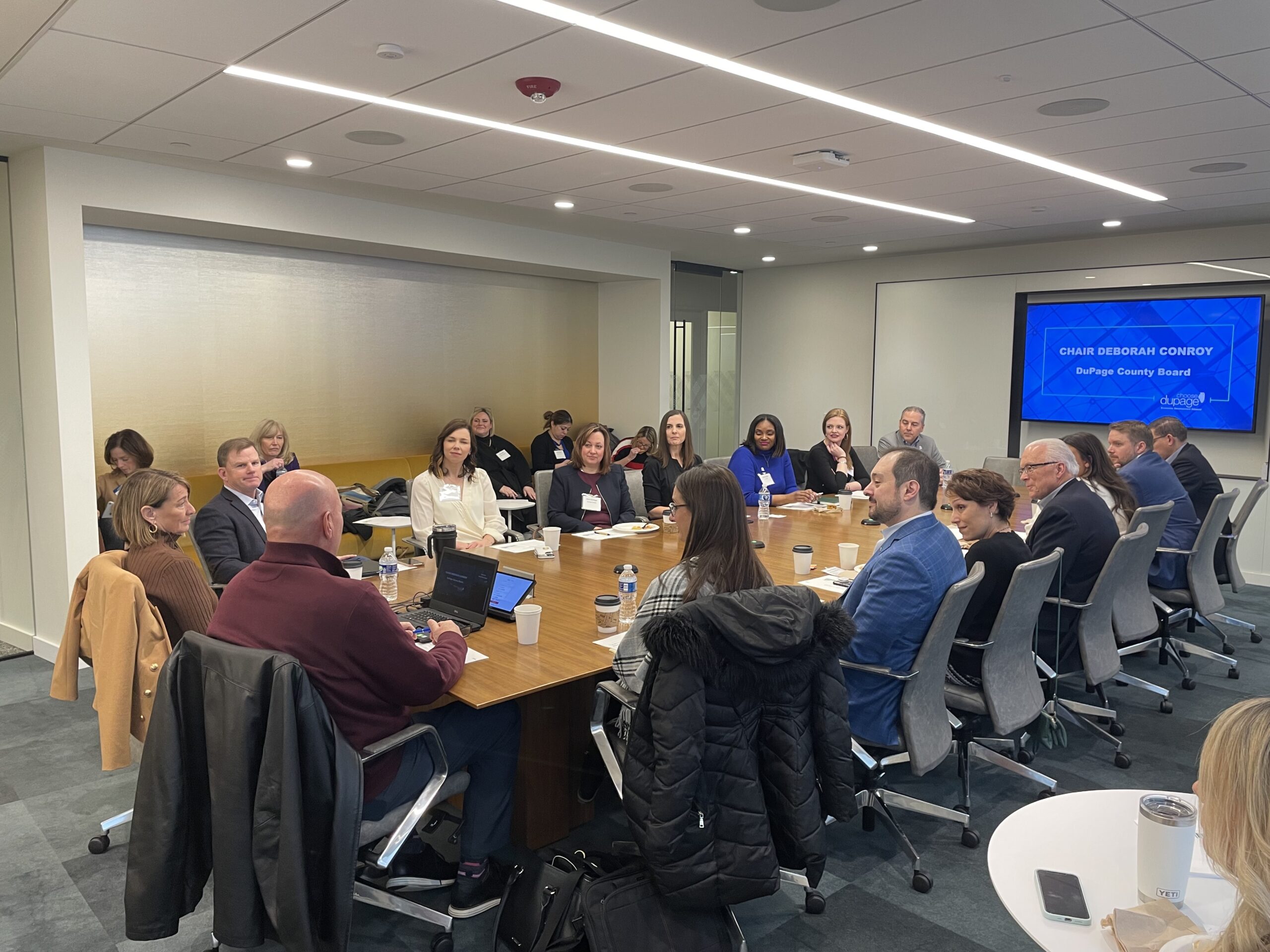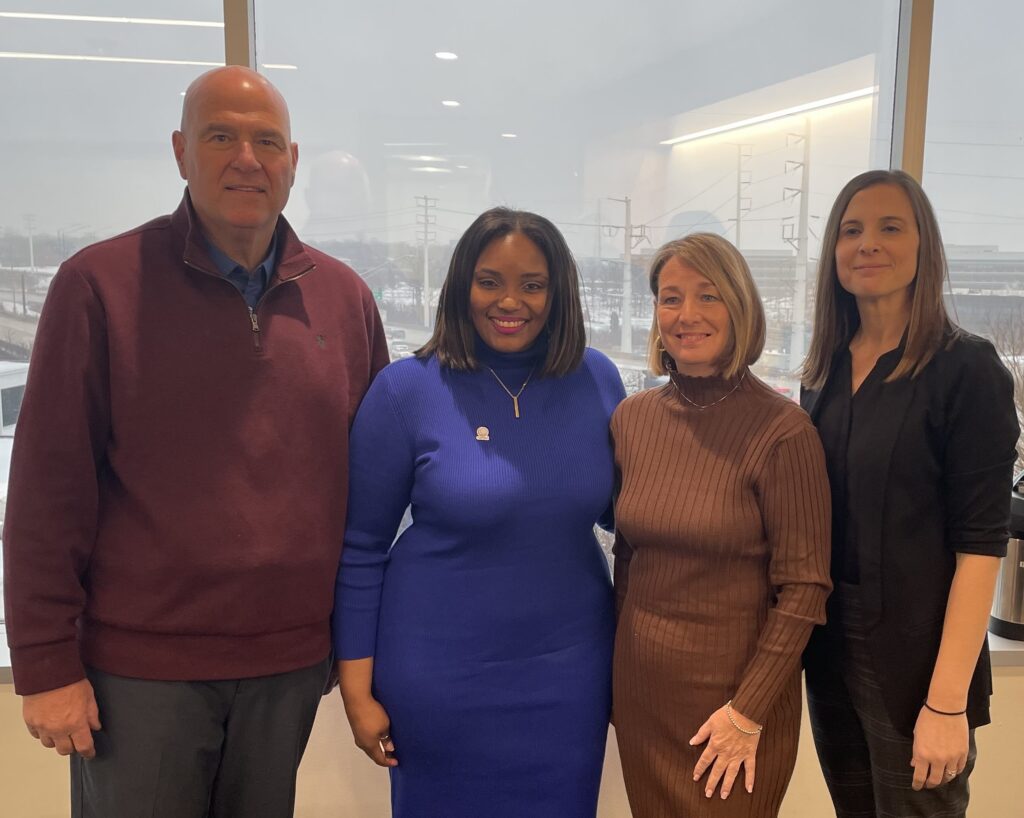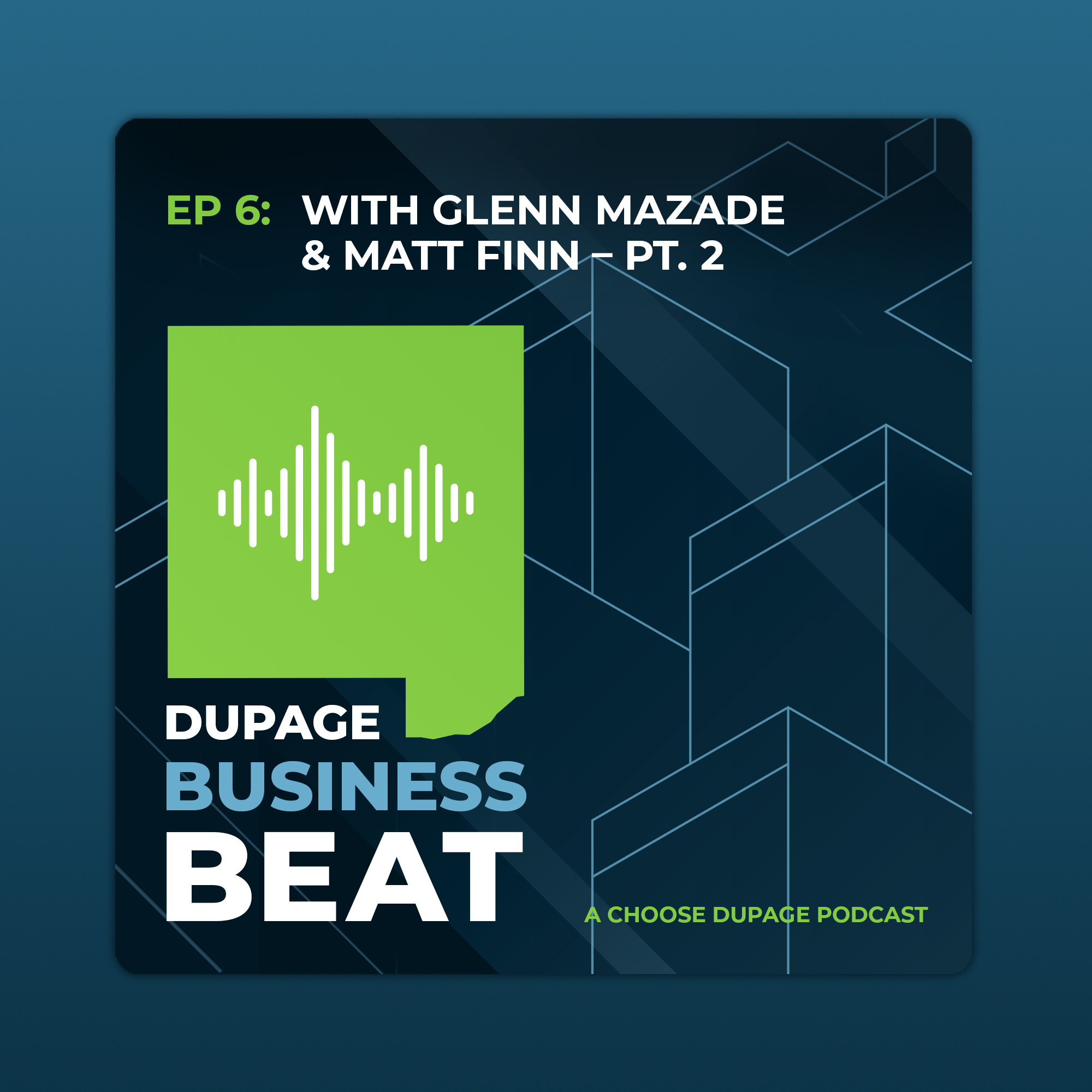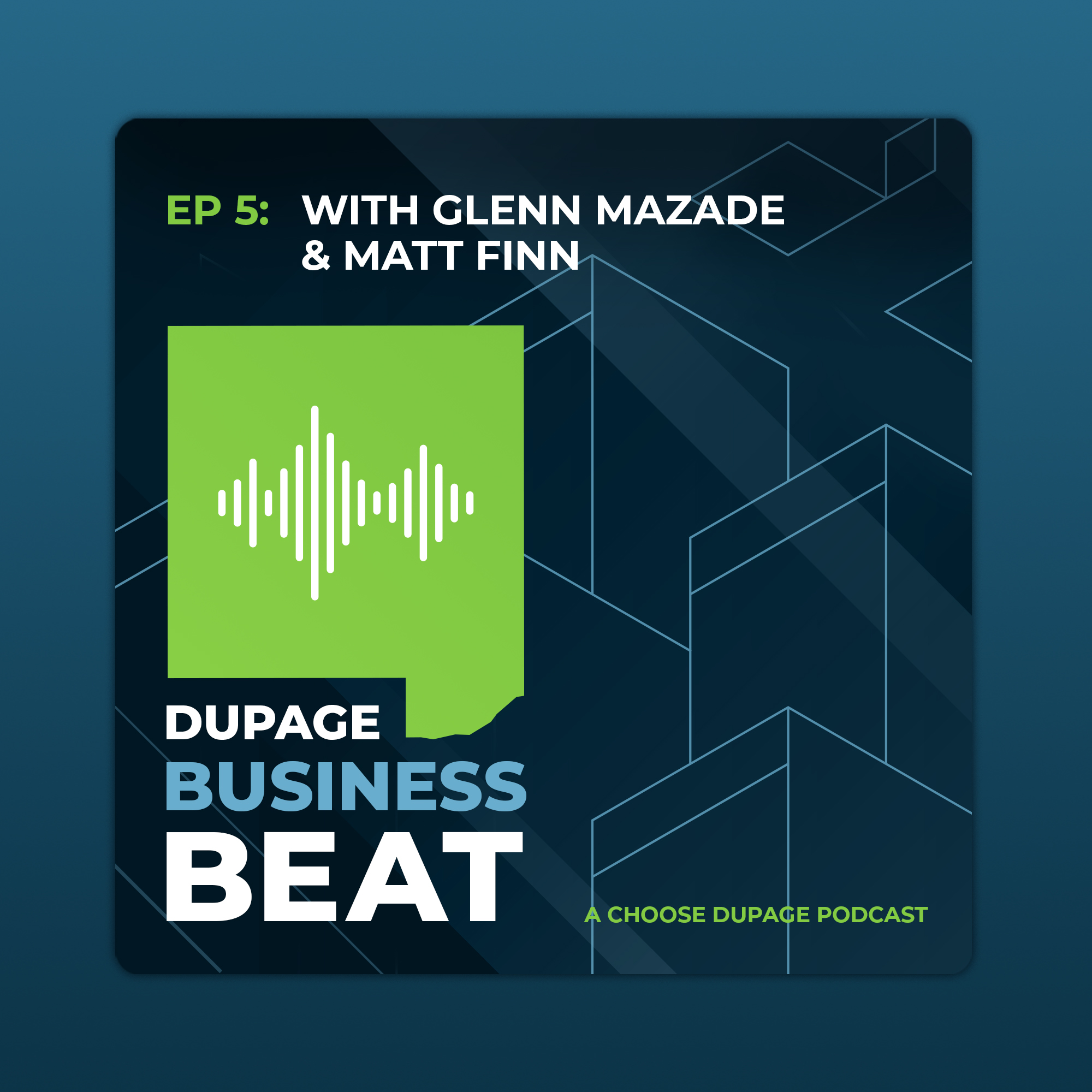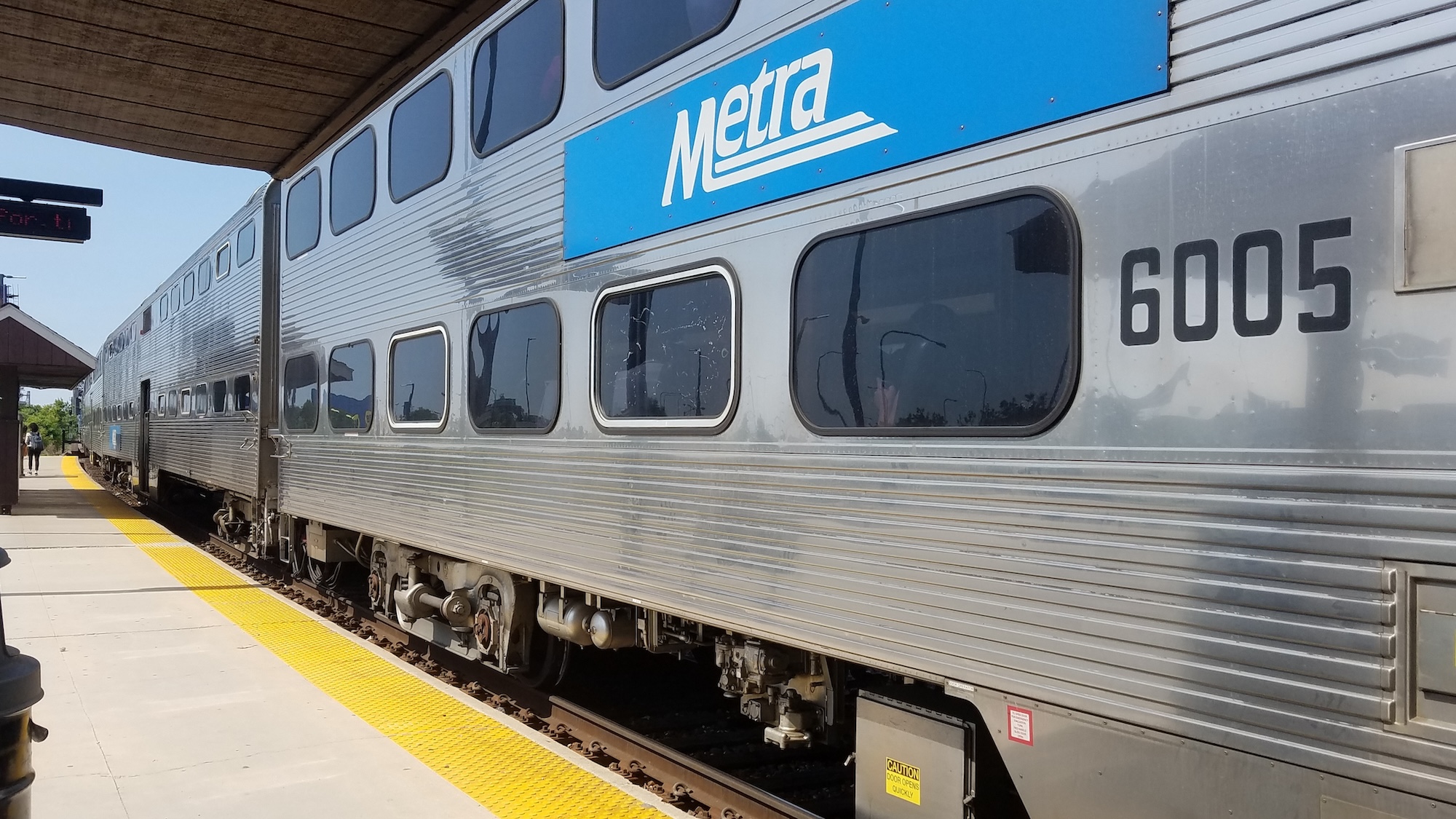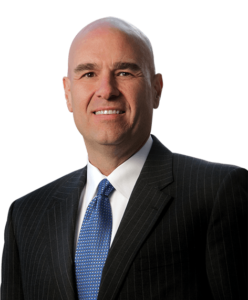
By Greg Bedalov, President & CEO
If you’re like me, you’re already in a 2024 mindset. We are, after all, economic development people; it’s in our nature to contemplate the future and plan for it as best we can. At the same time, it’s healthy to look back, think about what worked and what didn’t, and, when the time comes, toast our successes.
I want to take a moment to celebrate what I believe was genuinely one of the all-time best years for both Choose DuPage and the entire Chicagoland region.
In 2022, we were still navigating the economic aftershocks of the pandemic. In 2023, it feels like we’ve finally slipped out from under its shadow and made great strides forward. Maybe it was the pent-up energy of the last few years, or the optimism at finally putting the worst of COVID behind us – but the last year has been a rush of creativity and collaborative progress.
In 2022, we walked. In 2023, we leaped.
One of the biggest leaps forward was, of course, GCEP. In January 2023, DuPage joined six fellow counties, along with Chicago, to form the Greater Chicagoland Economic Partnership. It’s been less than a year, but already this regional economic collaboration has made a profound impact on Chicagoland—and we’re just getting started.
In 2023 alone, GCEP provided resources and assistance that influenced a UK PR firm (Polaris PR) to open their first-ever U.S. headquarters in Lake Forest, a Japanese robotics company (Rapyuta Robotics) to establish its North American Headquarters in Schaumburg, and a major food company (UPSIDE Foods) to open a Glenview location. We also successfully lobbied for several local companies, including Henry Broch Foods and S&C Electric, to remain in the region and, in some cases, expand their operations.
On top of all that, GCEP’s members made 44 pro-Chicagoland decisions, shared 36 leads, created an estimated 7,000 jobs as a result of their decisions, and invited GCEP partners to 44 key events around the world, including gatherings in China, Toronto, Sweden, and elsewhere.
Outside our partnership with GCEP, another big leap forward was the development of the Choose DuPage 2023 Strategic Plan. While our 2021 plan primarily focused on supporting local businesses within the context of the pandemic, our new plan has shifted our strategy to promote economic growth, capitalize on GCEP opportunities, and foster a green economy.
Meanwhile, we continued to build upon our Connect DuPage and Sustainable DuPage programs. In 2023, through our Connect DuPage program, we registered 86 diverse suppliers to our network. We also held nine events that drew 780 attendees and generated more than 100 industry-sector reports. Through our sustainable DuPage initiative, we completed 10 Green Business Assessments and held four events that drew 175 attendees.
Choose DuPage also continued to promote Chicagoland and drive local and regional investment. In 2023, we leveraged a Business Attraction Marketing Grant to build a robust marketing plan that is already generating valuable exposure for DuPage County. Choose DuPage is also actively overseeing feasibility studies for both a Sports Complex and a Performing Arts Center, two projects with massive potential.
Behind all these achievements, all these incredible leaps forward, are the people of Choose DuPage. In 2023, every board member brought something to the table—knowledge, resources, skills, connections, insight. We couldn’t have done it without you.
For me, what is even more impressive than any individual accomplishment is what they collectively indicate about Choose DuPage. Together, we have raised the bar on collaboration, both within our organization and with people and groups across the region: to be more creative, to dream bigger, and to do that which we could not do alone. It is this collaborative spirit that propels us forward and fuels the future we are working so hard to build.
Here’s to what we have accomplished in 2023—and to all that we will build together.
Before we wrap up, let’s count down the 23 things that made 2023 a year worth celebrating!



